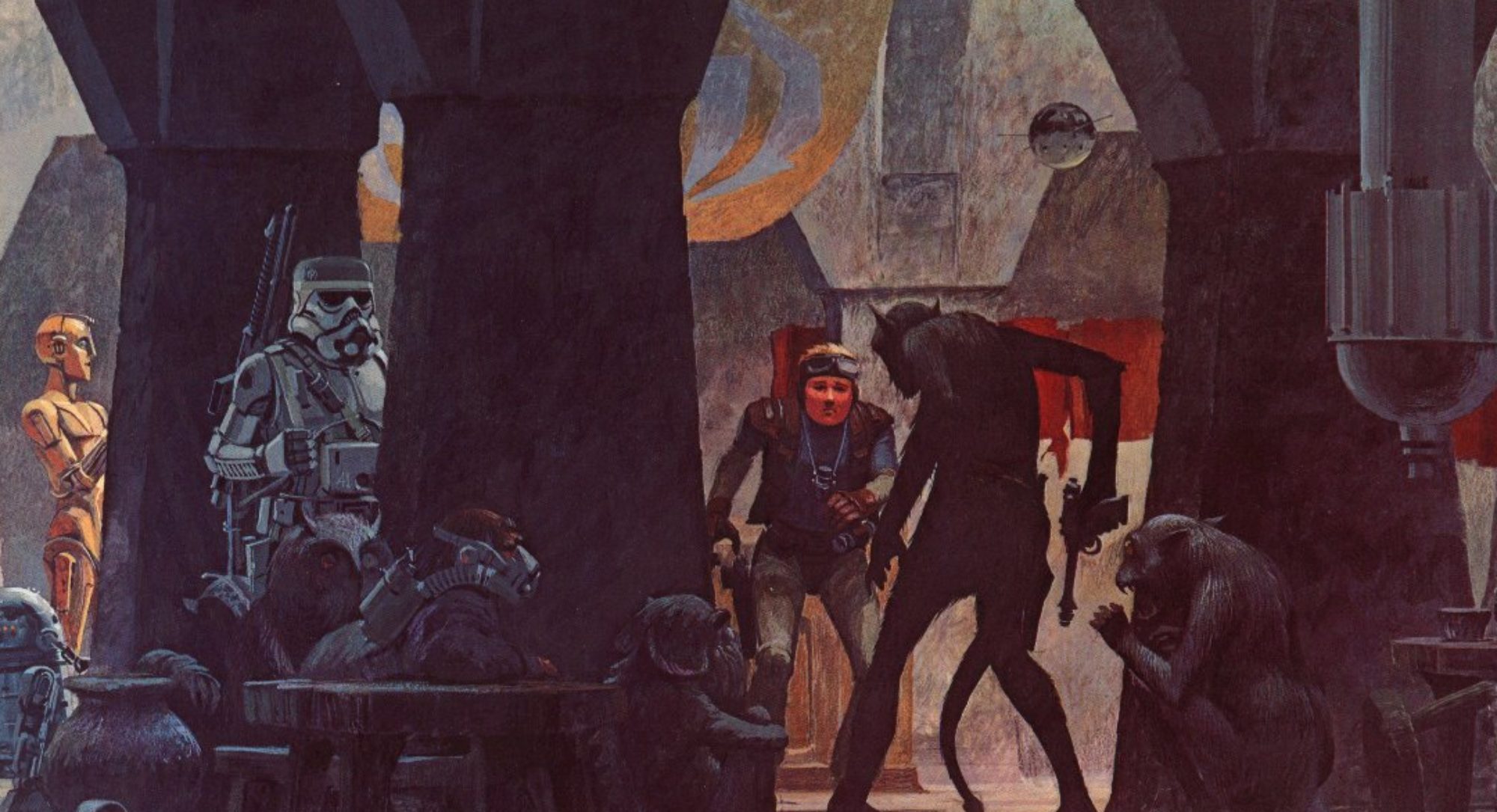A collection of thoughts on the subject which I’ve sent to various fora and mailing lists over the past couple days, placed here for the edification of interested parties.
WotC CEO Greg Leeds did another interview, with the gaming website ENWorld, where he says many of the same things he does in the interview I linked in the last entry. However, there was an interesting additional bit of information, where he says: “We cannot share sales figures, but I can tell you that we conservatively estimate the ratio of illicit downloads to legally purchased copies was 10:1.” (and he clarifies that he means legally purchased PDF copies, rather than copies as a whole.)
Here’s the rub, though — just going with sample “X” figures — if your sales looked like this:
100X = printed sales
10X = pirated PDFs
1X = legitimate PDF sales.
Getting rid of the 1X in legit sales doesn’t do a damn thing but lose you the money from those sales. A large segment of the 10X pirates were never going to be customers in the first place — they just grabbed it because they could. In addition, even without the legit PDFs to use as source, you’re still going to have 10X pirated — they’ll come from book scans, production files (the source of the pirated core 4E books which hit the net last year), etc.
So if you, like WotC, choose to remove the 1K legitimate PDF sales, all you’re really doing is irritating customers, and leaving that money on the table.
What to do about piracy, though?
Simple:
MAKE YOUR LEGAL OPTION CONVENIENT.
That’s it. You’re not going to stop piracy, so efforts to “error-trap” against piracy are fruitless. Concentrate on those individuals that ARE willing to pay you, and make it as easy for them as possible.
Example: Pirated music is easy to acquire, via sharing networks, torrents, or even just posted online. Yet, Apple is making a TON of money with iTunes, where people are paying for legal copies. So much money that Amazon decided to offer mp3 downloads of their own. They saw that even with the proliferation of free pirated versions — people WANT to pay for it and support the artists. So they made it convenient and easy.
Seriously — it’s not rocket science, folks.
Interestingly, a recent study by the Harvard Business school and UNC-Chapel Hill studied the effects of pirated music downloads on legitimate sales. The results showed that it took 5,000 downloads for the sale of an album to be reduced by one copy — and when it came to popular artists, record sales actually improved from downloading music: sales increased by one copy for every 150 downloads. (If you’re interested, a pdf of the study is available here.)
As publishers, we shouldn’t be freaking out about pirates — they’re always going to exist, they’re not our true customer base, and in fact their efforts may even help the largest of us recruit more paying customers. Our customers *want* to give us money, and we should make it easy for them to do so.
The trends on this kind of thing and the failures of past responses are well-documented. There’s an entire array of study and dissection of ePublishing, digital commerce and piracy, yet it seems like nobody is bothering to educate themselves on it before making decisions.

